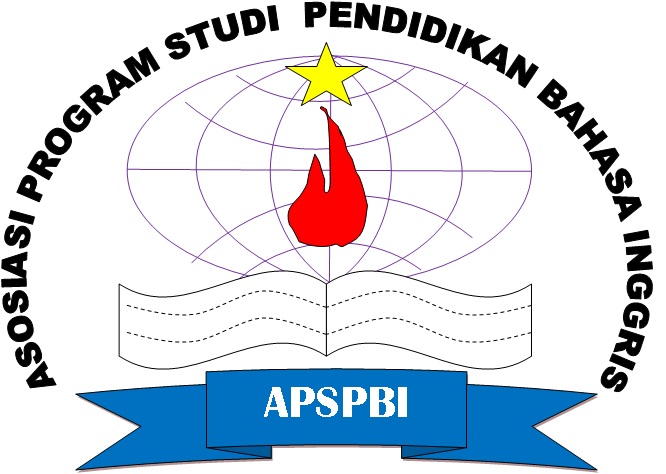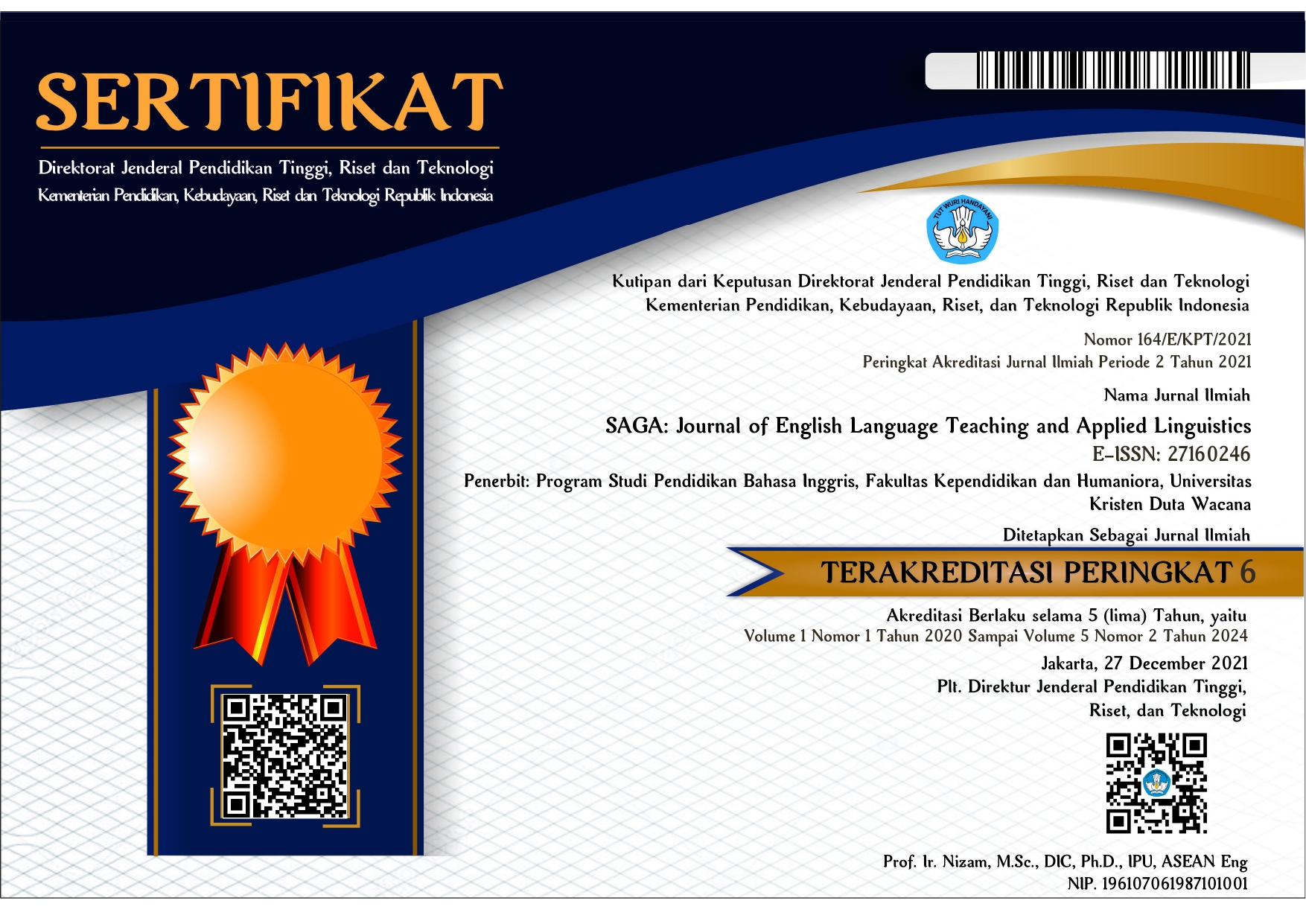REVISITING TRANSLATION AS A FOREIGN LANGUAGE LEARNING TOOL: CONTRASTING BELIEFS OF DIVERSELY PROFICIENT STUDENTS
DOI:
https://doi.org/10.21460/saga.2020.11.14Keywords:
foreign language learning; pedagogical translation; proficiency; students’ beliefs; translationAbstract
Translation as a learning tool or strategy, which is also known as pedagogical translation, has reemerged as a topic of discussion after being overshadowed by the popularity of the communicative approach. While a number of experts and scholars perceive translation or the use of L1 as interference, several others believe that translation does not really disappear from foreign language learning practices. As many research findings showed beneficial impacts of using translation activities to enhance foreign language learning, other research looked into learners’ perception of the use of pedagogical translation. An interesting contradiction was found stating that diversely proficient students had different perceptions of the usefulness of translation activities as a learning tool (Calis & Dikilitas, 2012; Dagiliene, 2012). Therefore, this research attempted to investigate learners’ beliefs on translation practices as a learning tool in their foreign language classroom respective to their proficiency levels. University students of non-English major were involved in this research. Questionnaire and interview were employed to gather relevant data. The findings reveal how translation as a learning strategy was perceived by learners with different ranges of proficiency levels.
















